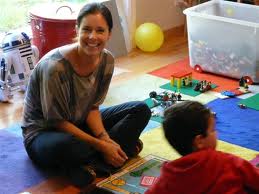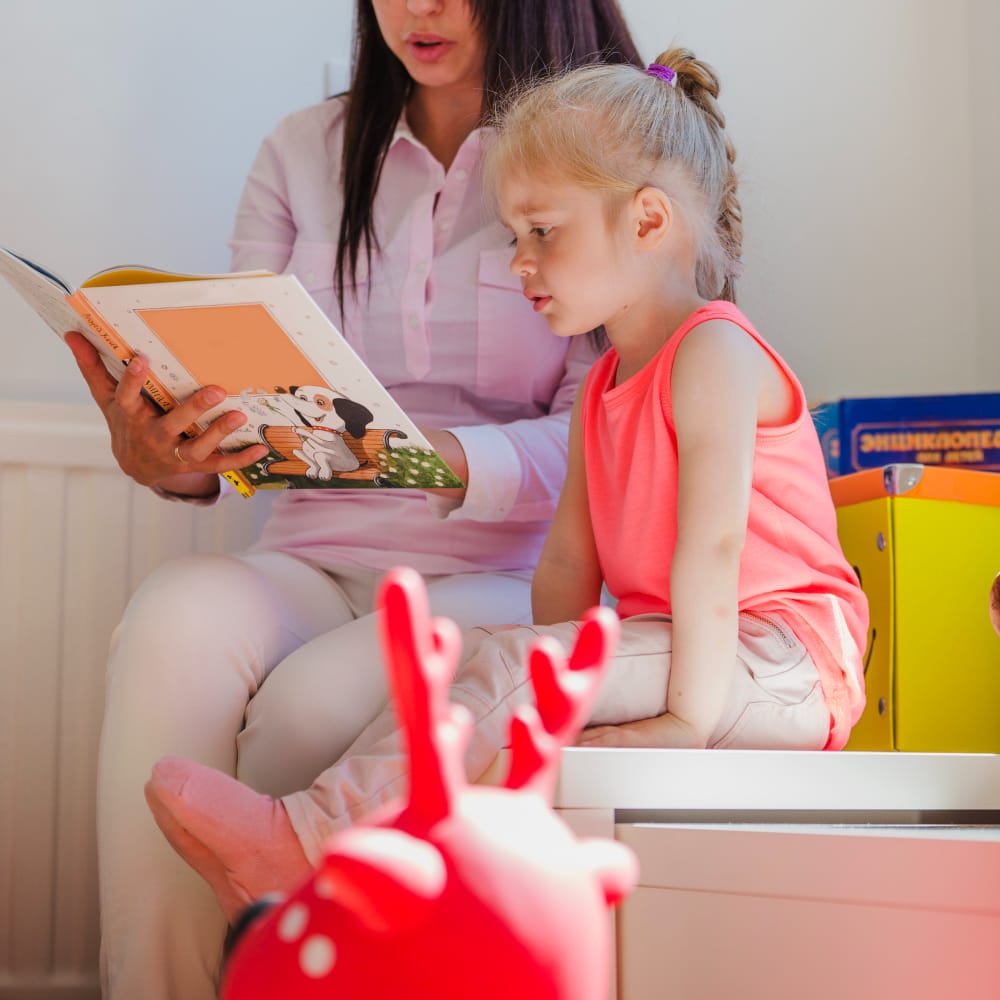I answered a telephonic inquiry to my practice a few days ago and found myself blowing bubbles while trying to explain exactly what a child psychologist is and what it is that they do. You see, the answer to this seemingly simple question is in fact amazingly complex.
Why? Well, because technically there is no registration category such as “Child Psychologist” in South Africa. The Health Professions Council of South Africa (or HPCSA) is a statutory body which regulates all registrations by health care professionals practicing in the country. The HPCSA’s Professional Board for Psychology allows registration in the following five categories:
- Educational Psychology
- Counselling Psychology
- Clinical Psychology
- Industrial Psychology
- Research Psychology
For more detailed information on the scope of practice for each registration category, have a look on the HPCSA’s website under Professional Board for Psychology. The scopes of practice have been clearly defined, but can be a little confusing when you’re not sure exactly which type of psychologist you need in the first place.
I find that a large portion of the people who contact my practice for information ask to speak to a “child psychologist” and upon further investigation it becomes clear that they are in need of the services of an Educational Psychologist. I specifically focus on working with young children between the ages of 3 and 9 years.
Professionals in other registration categories may also specialise in working with children and so some clients who inquire after a “child psychologist” may indeed require the services of a Counselling Psychologist specialising in working with children or the services of a Clinical Psychologist specialising in working with children.
So how do you know which kind of psychologist your child needs to see?
Below is a simplified list of the kind of work that psychologists in the different registration categories do:
- Educational Psychologists focus on optimising human functioning and psychological well being as it relates to learning and development
- Counselling Psychologists intervene in clients dealing with life problems and developmental challenges
- Clinical Psychologists particularly intervene in clients with difficulties and challenges and forms of psychological distress and psychopathology
- Industrial Psychologists intervene in the workplace, so do not work with children and
- Research Psychologists plan, intervene and apply psychological research methods so do not really work with children in therapeutic settings
Still confusing, isn’t it? If I can put it even more simply:
- Educational Psychologists who specialise in working with children – focus on optimising children’s functioning and experience in educational and developmental settings. So if your child is performing below his / her potential at school an Educational Psychologist can help to establish possible reasons for this and give advice and guidelines on how to help them improve their performance. If children are refusing to go to school, or displaying behavioural problems at school or a recent trauma or experience has lead them to becoming emotional and upset at school or unable to fully focus on their schoolwork, or even becoming emotional and upset when it is time to go home from school Educational Psychologists could apply therapeutic interventions (usually play therapy with young children) to help understand and deal with these issues.
- Counselling Psychologists who specialise in working with children focus specifically on life challenges and developmental problems. Practical examples of instances in which Counselling Psychologists would intervene are in children experiencing peer pressure or teen angst and related difficulties.
- Clinical Psychologists who specialise in working with children intervene with children in psychological distress or suffering from psychopathology. For instance, children who have been diagnosed with Depression, Schizophrenia, eating disorders etc need to be seen by a clinical psychologist.
Oh no! So what do I do if my child is being seen by the wrong kind of psychologist?
Well, technically that shouldn’t be allowed to happen. Psychologists in all 5 of the registration categories are bound by the Ethical Code of conduct to refer clients to the right kind of psychologist. As a practical example, if an Educational Psychologist has been seeing a young child for a few sessions and diagnosis the child as suffering from bi-polar depression after those few session he/she is bound by the ethical code of conduct to refer the child to a clinical psychologist.
Still not sure? Don’t sress about it. Simply ring up a psychologist (any psychologist) in your area and explain the presenting problem (that’s psychologist speak for what you see to be happening to your child and how they have been behaving – basically what you feel might be the problem) and ask the psychologist to refer you to the right professional. Most psychologists spend a lot of time and energy building up comprehensive lists of professionals in their area and should be able to give you the name and contact details of the right kind of child psychologist to help your child.




